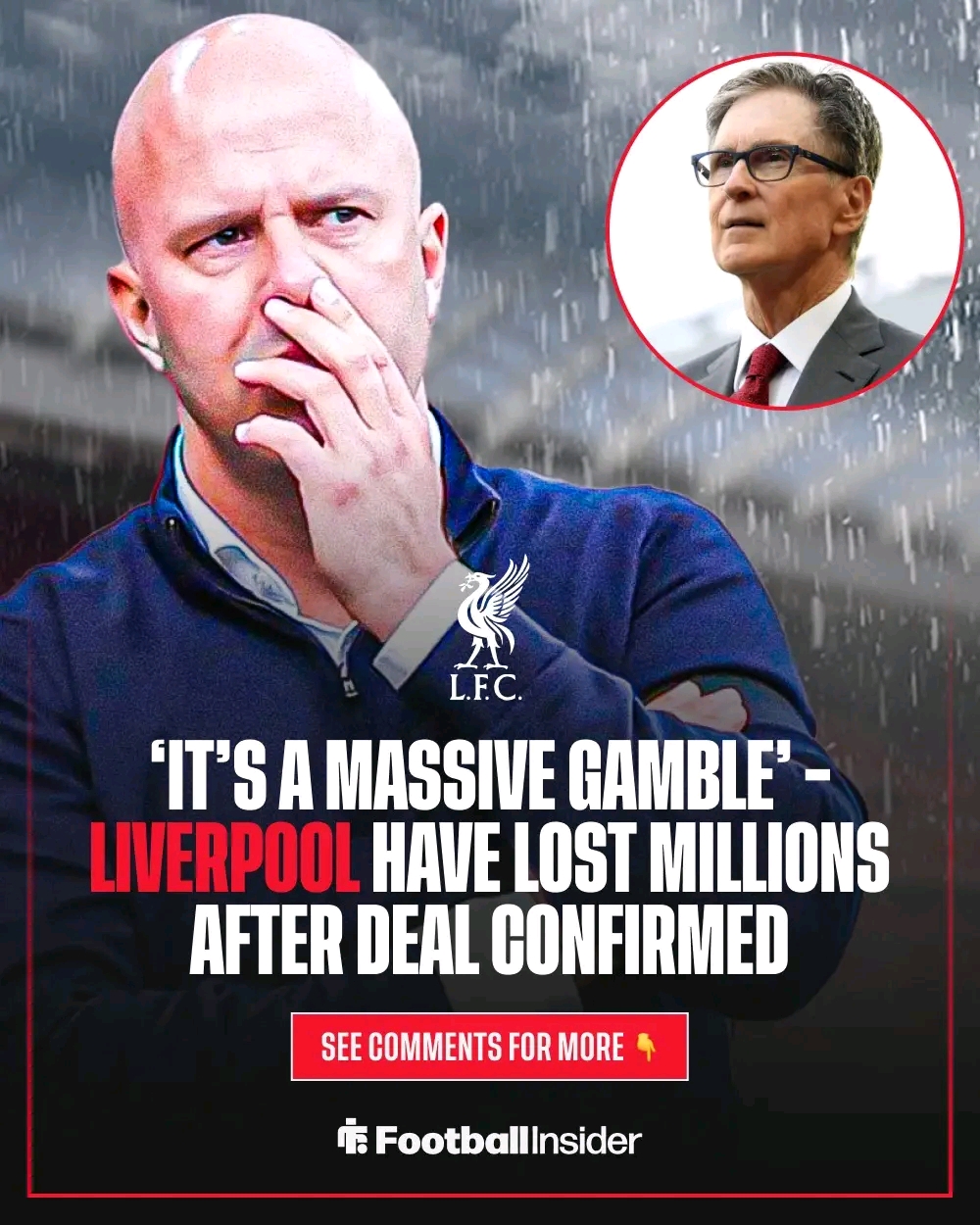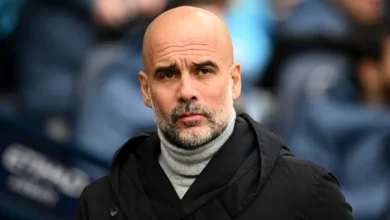Liverpool have lost it again , another transfer deal in Delima

Liverpool’s decision to sign Hugo Ekitike for around £79 million has become a hot topic of debate. The headline figures are arresting, and reactions have poured in almost immediately once the deal was confirmed. Arne Slot’s Liverpool side, fresh from clinching the Premier League title and now looking ahead to another campaign, have been very proactive in the transfer market, and the Ekitike signing stands as their biggest yet. Adding to their summer activity they also signed Florian Wirtz from Bayer Leverkusen, a promising attacking midfielder, as well as bolstering their defense with full‑backs Milos Kerkez and Jeremie Frimpong. All of that preceded the arrival of Ekitike whose £79 m fee has been described by former Everton CEO Keith Wyness as excessive and risky, with Wyness suggesting Liverpool overpaid by about £10 million and characterising it as a gamble for a relatively unproven young forward.
Wyness, who now runs a consultancy advising elite clubs and previously spent years at Goodison Park, shared his opinion on Football Insider’s Inside Track podcast. He said that the striker had shown promise in the Bundesliga playing for Frankfurt, scoring 15 goals and providing eight assists in the last season, but argued that the valuation should have been around £70m rather than the inflated £79m Liverpool paid. He insisted that while Liverpool did the deal early to allow Ekitike time to settle in and thereby reduce risk, the overall price tag remains high. Especially since the player has not yet proven himself consistently at the very highest level. Wyness said that “in my mind that is a high price at £79m” and added that although Liverpool will likely recoup some funds by selling other assets, the outlay still stands out as significant and speculative given the player’s relative instability at the top tier.
Liverpool’s summer recruitment strategy has been aggressive and wide ranging. Wirtz signed some weeks before Ekitike, arriving from Bayer Leverkusen in what represents another major investment in a young talent seen as world class already. Meanwhile Kerkez and Frimpong have joined to add depth and competition to the full‑back positions. The arrival of Ekitike was then hailed as the pinnacle of their spending spree. The French striker, only 21 or 22 depending on birthdays and reporting dates, arrives with promise but relatively short experience at top level. Wyness emphasised that his figures remain speculative and that Liverpool have at least provided their manager with the player early to help integrate and reduce some risk, yet he remains unconvinced the spend was justified at that level.
Ekitike’s season in Germany was impressive. Playing in the Bundesliga, he scored 15 goals and contributed eight assists for Frankfurt in the prior campaign. That level of offensive output for a young striker in a competitive league drew attention across Europe. Liverpool’s scouts evidently saw enough to justify a high fee, believing he would adapt to the Premier League and develop rapidly under Slot’s management. The club’s strategy seems to hinge on acquiring young, high-ceiling players and giving them time to grow, rather than chasing experienced veterans on the decline. The capture of Wirtz, Kerkez and Frimpong underscores their belief in investing early and growing their squad organically. Ekitike fits the pattern.
Critics argue the risk comes in the price paid for someone who has not played in Europe’s elite competitions or proven resilience over multiple seasons at the top level. Spending almost £80m on such a player is bold and potentially reckless if the leap to the Premier League and Anfield proves too steep. Liverpool’s rationale was presumably that by securing him early in the window they had time to let him acclimatize, participate in pre-season, understand the club’s culture and playing style, which could soften the transition and help him flourish. According to Wyness they have given the manager the player early, provided every chance to settle in and lessen the risk. That aspect of forward planning he accedes as intelligent, even if the headline figure still looms large.
Wyness claims £70m would have been fair. That reflects a belief that Liverpool paid a £10m premium for Ekitike, valuing more the potential and hope than track record. In football markets inflated fees have become de rigueur for young strikers particularly when multiple clubs compete. Liverpool are said to have fought off interest to land him early and ensure he commits before prices escalate further. Yet that competition itself might have driven the price higher than what might later be justified by performance. Wyness reminds that good business also involves selling other assets and bringing in money, but the logic of overpaying remains questionable even if they profit elsewhere to balance the books.
Liverpool’s continued interest in Crystal Palace centre‑back Marc Guehi is part of the same pattern of forward looking recruitment. As reported exclusively by Football Insider on June 20, Guehi is entering the final year of his contract and has told Palace that he will not sign an extension. He reportedly prioritises Liverpool’s offer over Newcastle or Tottenham if a move materialises. Sources say Liverpool remain working behind the scenes to suitor the central defender and may make a further approach in coming weeks. Guehi, at 25, comes with more experience than Ekitike and would be seen as a logical fit to strengthen the back line ahead of a new campaign. Unlike the risky forward investment, this one feels like the sort of astute signing that could pay dividends now for squad balance and continuity.
The juxtaposition of those two transfer stories reveals a broader narrative of Liverpool’s summer business decisions. They are buying high potential, younger players with the aim of long‑term returns but accepting the short term financial risk of large fees. Wirtz and Kerkez are signings that can mature over years at the club, while Ekitike is perhaps the biggest bet of all. Should he thrive in the Premier League and deliver consistent goal threat, he will justify the price and become a shining example of the new Liverpool recruitment dawn. If not, it will be held up as a misstep, a cautionary tale of speculation and overreliance on promise.
Keith Wyness’s perspective has weight because of his experience in club administration and consultancy to top clubs. He sees the timing and planning as smart—getting the player early, giving the manager time, ensuring integration—but nonetheless cannot ignore the sheer scale of the money committed for Ekitike. He frames the deal as “a gamble” with a question mark firmly attached, and clearly states the £70m figure would have been more appropriate. Given Liverpool’s financial muscle and their recent successes, they have latitude to make such moves, but that does not immunise them from external criticism or potential regret.
Liverpool will likely continue their transfer business, selling around to recoup costs, and pursue defense reinforcement via Guehi if it aligns. Their spending spree shows ambition but also underscores the fine line between calculated investment and overshoot. The Ekitike deal, in particular, will be dissected if the season underwhelms. Wyness’s warning that they overpaid is a signal to the broader football world: many clubs are making similar bets, but Liverpool’s stands out in size and speculation. The outcome will play out over months and seasons, but already the debate is loud: was it good business or reckless exuberance.
In summary Liverpool have spent big to prepare for a title defense. Their recruitment has included Wirtz, Kerkez, Frimpong and finally the marquee signing of Ekitike for nearly £79 m. Critics like Keith Wyness say that £70 m would have been fairer and that Liverpool paid a premium in excess of £10 m for a player still unproven at elite level. They regard it as a gamble, albeit mitigated by early integration and pre‑season time. Meanwhile the club is monitoring Marc Guehi for defensive reinforcement. The broader story is one of high risk and high reward, of ambition and speculation, as Liverpool seek to balance the short‑term financial hit against long‑term gain. Only time on the pitch will tell whether the gamble was worth it.















